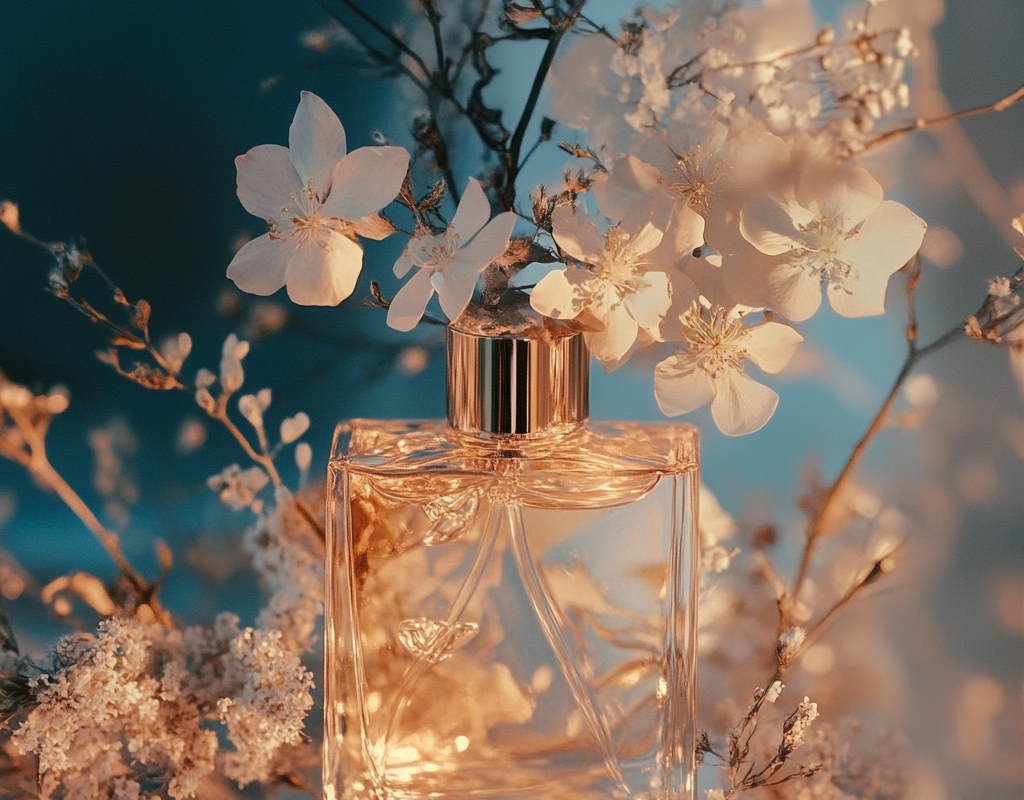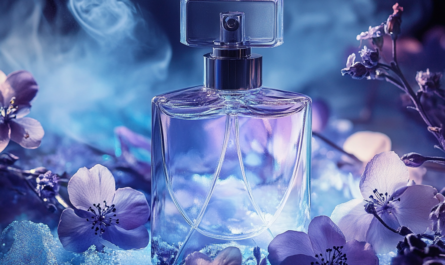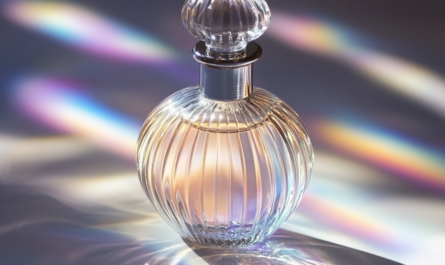Fragrance plays a powerful role in expressing individuality, acting as a personal signature that leaves a lasting impression. Choosing the right perfume is more than just a purchase; it’s a journey of self-discovery and expression. Finding the ideal scent requires time, patience, and a thoughtful approach to ensure it resonates with your personality and lifestyle. The process involves exploring a variety of options and understanding how each fragrance interacts with your unique chemistry.
Identifying Your Preferences: Where to Start
Understanding the primary fragrance families is the first step in narrowing down your preferences. Scents are often categorized into floral, woody, citrus, and oriental groups, each offering distinct characteristics. Floral fragrances tend to be soft and romantic, while woody scents exude warmth and depth. Citrus notes bring freshness, and oriental fragrances add a touch of mystery and spice.
Determining which notes suit your personality and style can guide your selection. If you prefer subtle elegance, light and airy fragrances might align with your taste. For a bold and confident impression, richer, more complex compositions could be ideal. Taking time to reflect on how a scent makes you feel can reveal which families resonate most.
Considering the season and occasion is also crucial. Light, fresh fragrances often complement warmer months and daytime activities, while deeper, richer scents are better suited for colder weather or evening events. Matching your fragrance to the setting ensures it enhances rather than overpowers.
Experimenting with different options allows you to explore the spectrum of scents available. Sampling fragrances from various families can expand your understanding of what truly appeals to you. This exploration forms the foundation for finding a perfume that feels uniquely yours.
Testing Perfume: Rules and Tips
Testing a perfume correctly in-store is essential for an accurate assessment. Begin by spraying the fragrance on a blotter to get a general sense of its profile. Once intrigued, apply it to your skin, as this is where the real magic happens. Avoid overwhelming your senses by limiting the number of perfumes you test at one time.
Allowing the perfume time to develop on your skin is crucial. Fragrances evolve in stages, starting with the top notes and transitioning to the heart and base notes. These later stages reveal the true essence of the perfume and how it aligns with your preferences.
Choosing the right time and conditions for testing can also make a difference. Visit stores during less busy hours to avoid rushed decisions and crowded environments. Ensure your skin is clean and free of other scents to avoid interference. This thoughtful approach helps you evaluate each perfume more effectively.
Taking notes during the process can help you remember which fragrances stood out and why. Documenting your impressions of the scent’s development can guide your decision-making. This organized approach streamlines the selection process, ensuring clarity and confidence.
Fragrance and Skin: How They Interact
Skin type plays a significant role in how a perfume evolves. Oily skin tends to amplify scents and prolong their longevity, while dry skin might require additional applications for the fragrance to last. Understanding your skin type helps in selecting a formula that performs well throughout the day.
- The same perfume can smell different on different people, influenced by body chemistry, pH levels, and even diet. This individuality makes perfume selection a deeply personal experience. It’s why testing on your skin is vital rather than relying solely on how it smells in the bottle or on someone else.
- Choosing where to apply the perfume impacts its projection and longevity. Pulse points, such as the wrists and neck, are ideal for diffusion, as the warmth of these areas enhances the scent’s release. Experimenting with different application spots can reveal what works best for you.
- Tracking the scent’s progression throughout the day offers insights into its compatibility with your lifestyle. Observing how it changes and settles helps determine if it’s the right match. This methodical evaluation ensures satisfaction with your choice.
Mistakes in Perfume Selection and How to Avoid Them
Purchasing a perfume solely because it’s trendy or heavily advertised can lead to disappointment. Popularity doesn’t guarantee that a scent will suit your personal taste or chemistry. Instead, focus on what resonates with you rather than external influences.
Making a decision too quickly without fully exploring how a perfume develops on your skin can result in a mismatch. Allow the fragrance to settle and reveal its true character before committing. Patience is key to avoiding costly errors.
Ignoring your own instincts and preferences often leads to dissatisfaction. Trust your sense of smell and emotional response to guide you toward a fragrance that feels authentic. Choosing a perfume is an intimate process, and your intuition should take precedence.
Skipping the testing phase entirely is another common pitfall. Blindly purchasing a perfume based on reviews or recommendations deprives you of the opportunity to see how it truly performs. Taking the time to test ensures a thoughtful and informed decision.
In addition, we would like to recommend you our other article, where we talked about perfume sampler.
FAQ
Explore various scent groups like floral, woody, citrus, and oriental, and observe which aligns with your personality and style.
Skin chemistry influences how a fragrance evolves, making personal testing essential for an accurate impression.
Rushing the decision without allowing the fragrance to fully develop on your skin can lead to an unsuitable choice.




